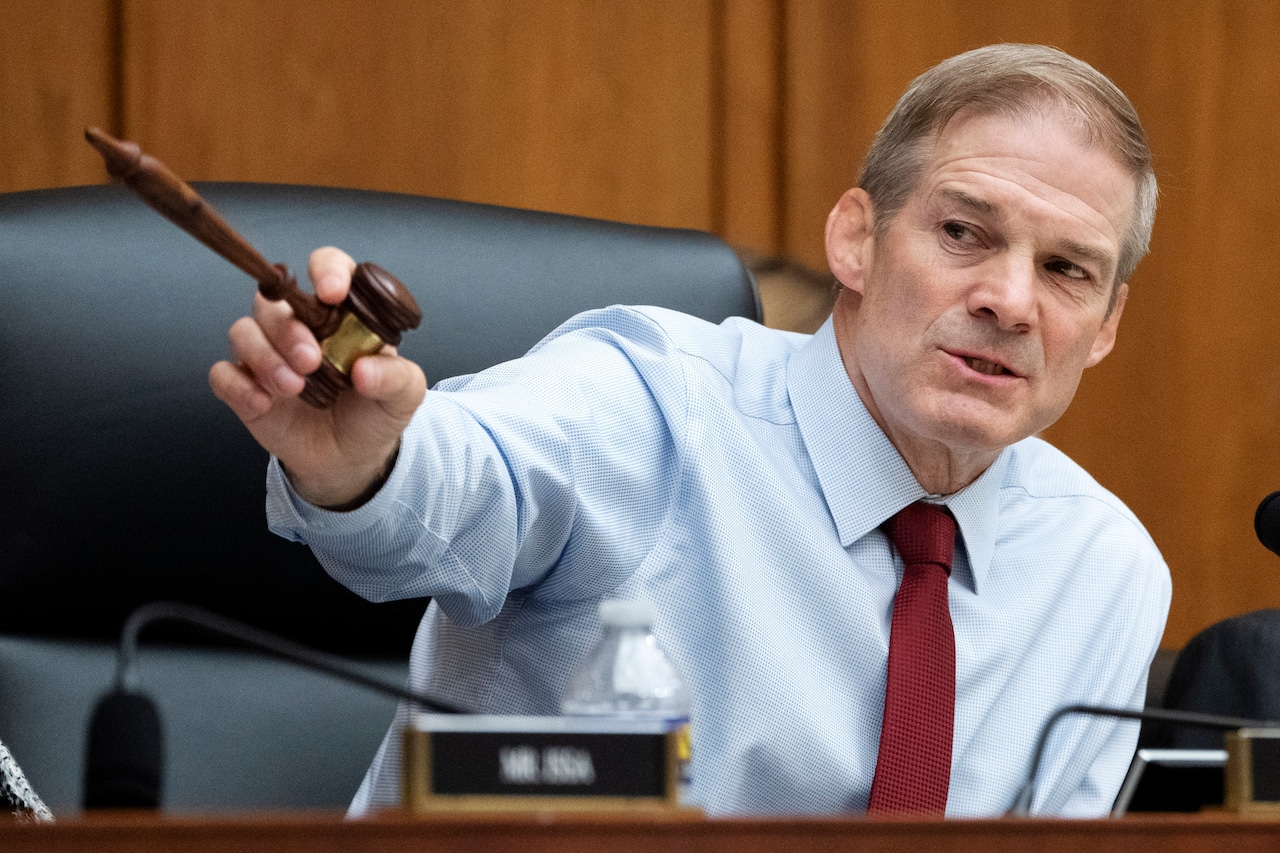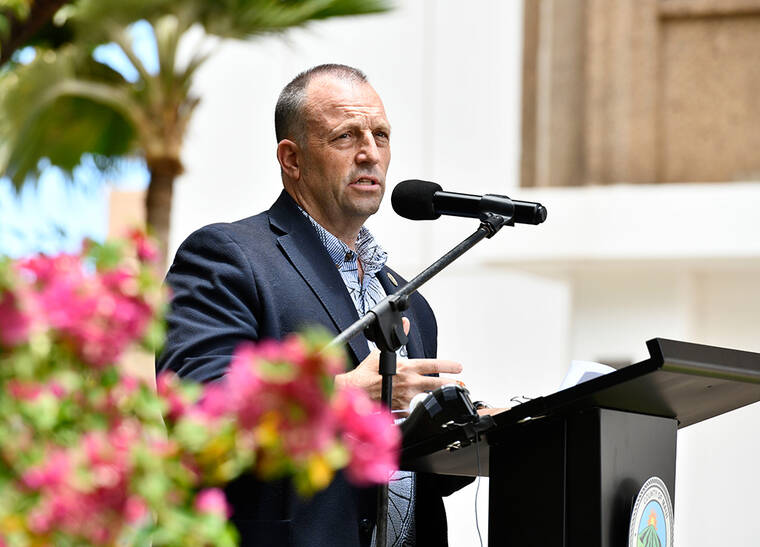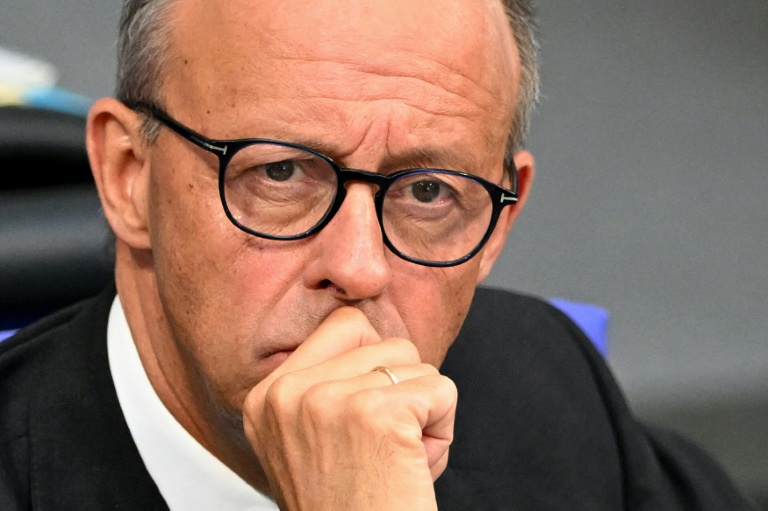
WASHINGTON – YouTube has agreed to reinstate creators previously banned for COVID-19 and election-related content, marking a significant shift in the platform’s content moderation policies following intense pressure from House Judiciary Committee Chairman Jim Jordan and ongoing Republican investigations into alleged government censorship.
In a letter sent Tuesday, the video platform, owned by Alphabet, made several major concessions to the House Judiciary Committee including admitting the Biden administration pressured the company to remove content that did not violate YouTube’s own policies. The letter written by Alphabet’s attorneys called the Biden administration’s censorship pressure “unacceptable and wrong.”
“No matter the political atmosphere, YouTube will continue to enable free expression on its platform, particularly as it relates to issues subject to political debate,” the letter said.
The letter also said YouTube “has not and will not empower fact-checkers to take action on or label content across the Company’s services,” though it provides a feature that allows users to “provide relevant, timely and understandable context on videos.”
The announcement represents a victory for Jordan, who has spent years investigating what Republicans characterize as a coordinated effort by the previous administration to suppress free speech on social media platforms.
“No more telling Americans what to believe and not believe,” Jordan said in a series of social media posts celebrating the victory.
“All the above are MASSIVE wins for the American people, the First Amendment, and freedom,” he continued. “We won’t stop fighting to protect free speech.”
The admissions shed new light on the Biden administration’s efforts to combat what it termed COVID-19 misinformation during the pandemic. While health officials argued that false information about vaccines, treatments, and public health measures posed a serious threat to public safety, Republicans have consistently framed these efforts as government overreach and censorship of legitimate debate.
Democrats pushed back against Jordan’s characterizations throughout his investigation.
The top Democrat on a “government weaponization” subcommittee that Jordan chaired during the last Congress, Virgin Islands delegate Stacey Plaskett, accused Jordan of pressuring social media platforms into not removing false or misleading information. She argued Jordan’s efforts undermined content moderation efforts instead of protecting free speech.
The controversy highlights the ongoing political battle over content moderation, with Republicans arguing that tech companies acted as arms of the federal government in suppressing conservative viewpoints under the guise of fighting misinformation.
Republican reversal on ‘cancel culture’
The YouTube victory comes as the Trump administration faces criticism for what critics call its own censorship efforts. Recent weeks saw ABC temporarily suspend “Jimmy Kimmel Live!” after threats from Federal Communications Commission Chairman Brendan Carr, sparking accusations of government pressure against media outlets.
Former President Barack Obama accused the Trump administration of escalating “cancel culture,” saying it weaponized regulatory threats to pressure media companies into silencing journalists and commentators.
The apparent contradiction between Republican opposition to Biden-era content moderation and support for Trump-era media pressure has drawn attention from free speech advocates across the political spectrum.
Jordan’s investigation into tech platform censorship has been a signature issue for the Judiciary Committee chairman since Republicans took control of the House. The investigation has included subpoenas, hearings, and extensive document requests aimed at uncovering the extent of government influence over social media content decisions.
Alphabet’s admissions represent a significant breakthrough in these efforts, providing what Republicans see as concrete evidence of inappropriate government pressure on private companies to restrict speech.
The full impact of YouTube’s policy changes remains to be seen, as the platform has not yet detailed exactly which creators will be eligible for reinstatement or what new content moderation standards will be implemented going forward.



